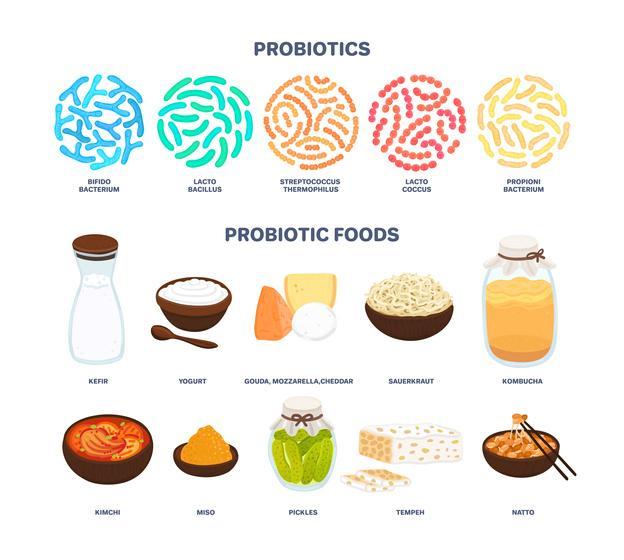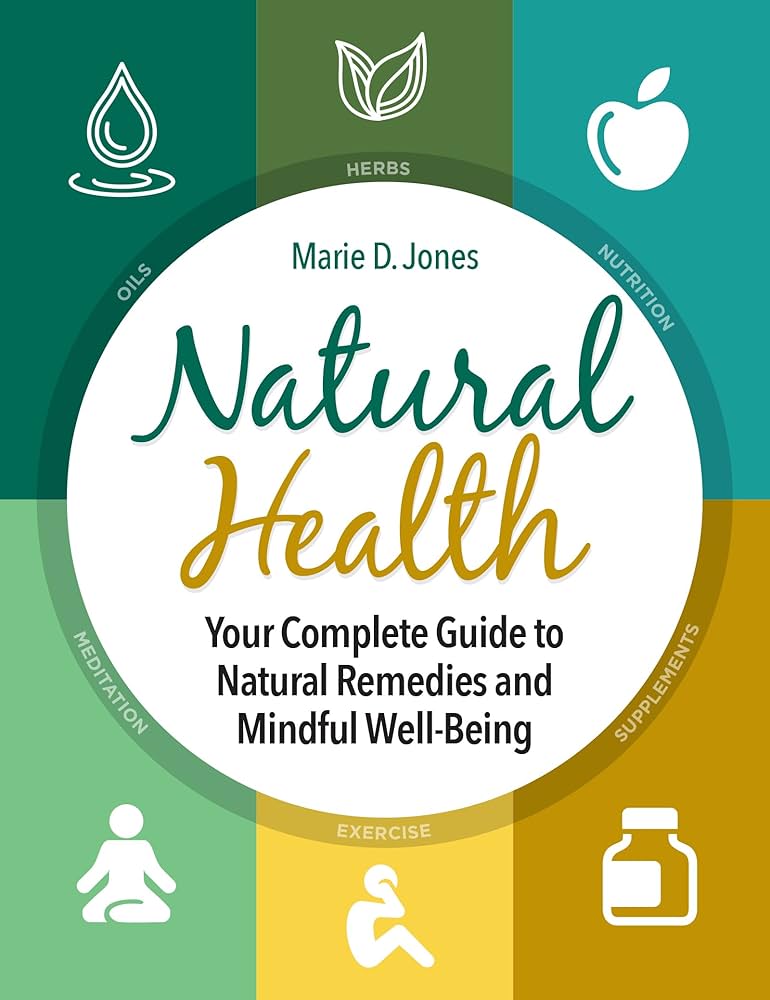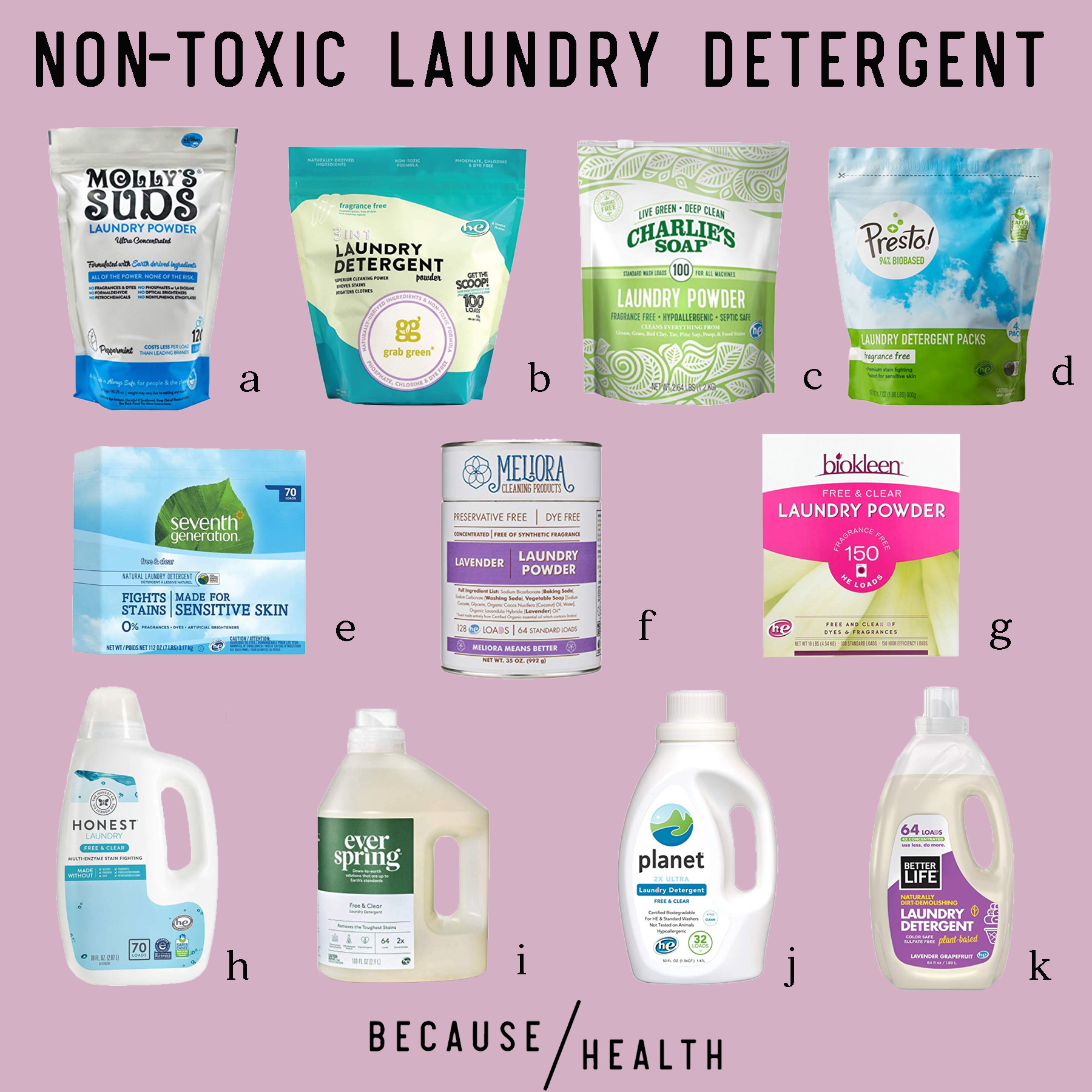The modern lifestyle brings with it various health challenges, but fermented foods and probiotic supplements present a delightful solution. These powerhouse nourishments are not only packed with flavor but also boast significant health benefits.
Whether you’re looking to enhance your skin’s radiance, achieve better digestion, or strengthen your immune system, a well-balanced diet incorporating probiotics and fermented delights can be transformative. Let’s explore how these natural wonders can contribute to your well-being.
What Are Probiotics and What Do They Do?
Often referred to as the ‘good bacteria’, probiotics are live microorganisms that confer a health benefit to the host when administered in adequate amounts. Found in various foods and dietary supplements, these beneficial bacteria are known for their ability to restore gut flora balance and enhance the body’s natural defenses.
Probiotics are crucial in the process of breaking down food and absorbing nutrients. They play a vital role in fighting off pathogenic bacteria, potentially reducing the duration and severity of certain infections. Moreover, they are known to modulate the immune system, contributing to overall health and well-being.
Some of the most common probiotic strains include Lactobacillus and Bifidobacterium. These are found in many fermented foods and are available as dietary supplements, offering various health benefits tailored to different needs.
How Do Fermented Foods Benefit Skin Health?
When it comes to achieving glowing skin, fermented foods are a hidden gem. These foods undergo a natural lacto-fermentation process, wherein natural bacteria feed on sugar and starch to create lactic acid. This process not only preserves the foods but also creates beneficial enzymes, b-vitamins, and probiotics.
The link between a healthy gut and radiant skin, often referred to as the ‘gut-skin axis’, is increasingly recognized in scientific circles. A balanced gut microbiome can help to reduce systemic inflammation, which in turn can prevent a host of skin conditions including acne, eczema, and signs of aging.
Consuming fermented foods like yogurt, kimchi, and kombucha can introduce probiotics that support the integrity of the skin barrier, keeping skin hydrated and protected from environmental aggressors.

What Are The Best Probiotic Supplements for Gut Health?
While fermented foods are a great source of probiotics, supplements can provide a more concentrated dose of these beneficial bacteria. They are especially useful for those with dietary restrictions or those who find it challenging to consume enough fermented foods daily.
- Daily intake of probiotics can aid in maintaining a balanced gut microbiome, crucial for optimal digestion and overall health.
- Supplements containing a blend of Lactobacillus and Bifidobacterium strains are often recommended for their broad-spectrum benefits.
- To ensure the efficacy of probiotics, it’s important to choose supplements with high viability that can survive the journey through the digestive tract.
Before starting any supplement regimen, consulting with a healthcare professional can help tailor your probiotic intake to your specific health needs.
 How a soda can goes from recycle bin to store shelf in just 8 weeks
How a soda can goes from recycle bin to store shelf in just 8 weeksHow Can Probiotics Help With Acne and Skin Aging?
Probiotics have been shown to exert anti-inflammatory and antimicrobial effects, which can be beneficial for acne-prone skin. They can inhibit the growth of acne-causing bacteria and reduce skin inflammation, leading to clearer skin.
The skin, much like the gut, has its own microbiome, and probiotics can help balance this delicate ecosystem. By strengthening the skin’s barrier function, probiotics can protect against environmental damage that contributes to aging.
Regular consumption or topical application of probiotics can also increase the skin’s production of ceramides, which are lipids that help retain moisture and maintain a youthful appearance.
What Is The Connection Between Gut Health and Immunity?
The gut is often referred to as the ‘second brain’ of the body and plays a pivotal role in the immune system. A substantial portion of the immune system is actually housed within the gut, making gut health synonymous with immune health.
Probiotics and fermented foods can enhance immune function by outcompeting harmful bacteria for nutrients and attachment sites in the gut, thus preventing their growth.
Furthermore, they help to stimulate the body’s natural immune responses, potentially reducing the risk of infections and inflammation-related diseases.

How Can I Incorporate Fermented Foods Into My Diet?
Integrating fermented foods into your diet can be both delicious and simple. Here’s how you can start:
- Begin your day with a probiotic-rich yogurt or kefir.
- Add fermented vegetables like sauerkraut or kimchi to your salads or as a side dish.
- Swap your regular bread with sourdough for a dose of friendly cultures.
- Enjoy fermented soy products like tempeh or miso as part of your main meals.
Remember, variety is key when it comes to probiotics, so try to include different types of fermented foods to reap the most benefits.
What Are The Signs That Probiotics Are Working?
When you begin incorporating probiotics into your diet, you may start noticing several positive changes:
- Your digestion improves, with a decrease in symptoms such as bloating, gas, and irregularity.
- You may experience better skin health, with a noticeable reduction in inflammation and acne.
- An overall boost in immunity could lead to fewer colds and infections.
These signs can be subtle at first, but over time, the cumulative effect of probiotics can lead to significant improvements in your health.
 Why I Said Goodbye to My Foam Mattress and Hello to Natural Latex
Why I Said Goodbye to My Foam Mattress and Hello to Natural LatexSpeaking of skin health and immunity, here’s a video that dives into the subject:
Related Questions on Fermented Foods and Probiotics
Does Eating Fermented Foods Help The Immune System?
The consumption of fermented foods can boost the immune system by enhancing the gut microbiota, which is directly linked to immune responses. By consuming these foods, you are essentially strengthening the first line of defense against pathogens.
Regular intake of fermented products like kefir, yogurt, and kimchi introduces beneficial bacteria that can help in the production of antibodies, thus improving immunity.

What Is The Best Probiotic To Boost The Immune System?
The best probiotic to boost the immune system would be one that contains a diverse range of strains, specifically those that have been researched for their immunomodulatory properties, such as Lactobacillus and Bifidobacterium.
Look for supplements with high colony-forming units (CFUs) and strains that are known to survive the acidic environment of the stomach.
Can Fermented Foods Help You Poop?
Yes, fermented foods can help with bowel regularity. The probiotics present in these foods can balance the gut flora, which plays a crucial role in digestion and bowel movements.
They also help in the production of short-chain fatty acids that promote a healthy gut lining, making it easier to maintain regular bowel movements.
Is It Better To Take Probiotics Or Eat Fermented Foods?
It depends on individual preferences and health goals. Fermented foods offer a natural and tasty way to consume probiotics, along with other nutrients. However, supplements may provide specific strains in concentrated forms that are beneficial for targeted health issues.
For overall wellness, a combination of both could be the optimal approach, ensuring a wide variety of probiotics and other beneficial compounds are included in the diet.
 Interview with the Founder of DefenderShield EMF Protection, Daniel DeBaun
Interview with the Founder of DefenderShield EMF Protection, Daniel DeBaun



